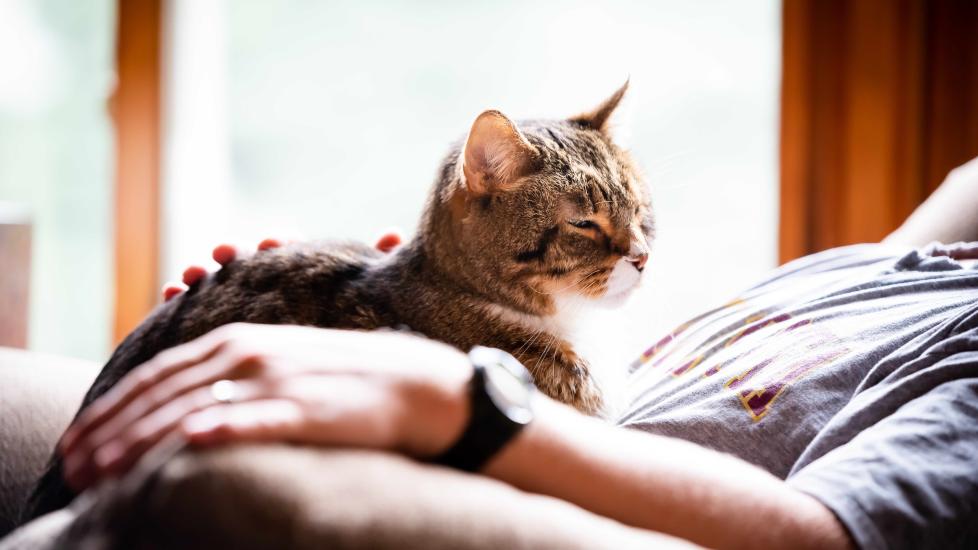 Cats are often considered man’s best friend, known for their companionship and therapeutic benefits. However, as with humans, cats also experience the natural process of aging. Understanding when your cat transitions into its senior years is crucial to providing optimal care and support during this phase of life. Here’s what you need to know about recognizing signs of feline senility and how to ensure your furry companion enjoys a comfortable retirement.
Cats are often considered man’s best friend, known for their companionship and therapeutic benefits. However, as with humans, cats also experience the natural process of aging. Understanding when your cat transitions into its senior years is crucial to providing optimal care and support during this phase of life. Here’s what you need to know about recognizing signs of feline senility and how to ensure your furry companion enjoys a comfortable retirement.
The age at which a cat can be classified as “senior” varies based on several factors, including breed size, health history, and individual genetics. Smaller breeds typically live longer than larger ones, while indoor-only cats tend to have fewer health issues related to outdoor stressors such as parasites or injuries from fights. On average, most veterinarians consider a cat over 12 years old to be in its senior stage, although some may extend this period to 14 or even 16 years if the cat remains healthy and active.
As cats enter their golden years, they exhibit various physical changes that signal the onset of aging:
-
Slowing Down: You might notice your once agile kitty slowing down, preferring lounging around to jumping onto high shelves or chasing toys. This is normal as arthritis sets in and muscles weaken with time.
-
Increased Sleep: Older cats require more rest; naps become a significant part of their day. Don’t worry—this doesn’t mean they love you any less! It’s just their body’s way of conserving energy.
-
Weight Changes: Some seniors gain weight due to decreased activity levels, while others lose interest in food and shed pounds unhealthily. Proper nutrition tailored to an older pet’s needs becomes essential.
-
Vision And Hearing Decline: Just like human eyesight weakens with age, so does our feline friends’; hearing loss is also common among elderly pets. Both conditions can affect behavior and interactions.
-
Changing Appetite: As taste buds dull and dental problems arise (which are common in older animals), appetite can fluctuate significantly. Offering wet foods that are easy to chew may encourage consumption.
-
Medical Conditions: Increased risk of chronic illnesses such as kidney disease, hyperthyroidism, diabetes mellitus, and certain cancers is prevalent in geriatric cats. Regular check-ups with the vet will help catch these early on.
To keep your senior cat happy and healthy throughout this transition period:
-
Regular Vet Visits: Schedule twice-yearly appointments instead of annual ones for thorough examinations by your trusted veterinarian who knows your pet well.
-
Dietary Adjustments: Consult with a veterinary nutritionist regarding specialized diets designed specifically for aged cats to maintain proper nutrient intake without causing digestive upset or obesity.
-
Mental Stimulation: Engage your senior kitty mentally through interactive play sessions using laser pointers or feather wands; puzzles that dispense treats can also provide hours of entertainment.
-
Environmental Modifications: Consider making changes to your home environment that accommodate an older cat’s needs – lower scratching posts, ramps instead of stairs, etc.
-
Gentle Exercise: Encourage gentle exercise daily by walking them on a leash outdoors (if they enjoy it) or playing low-impact games indoors.
Aging gracefully isn’t always easy, but with attentive care and plenty of love, your cherished companion can continue living happily alongside you despite the inevitable march of time. By understanding the nuances of feline aging and being proactive about preventative measures, we can ensure our beloved pets receive everything necessary to lead fulfilling lives until the end.
